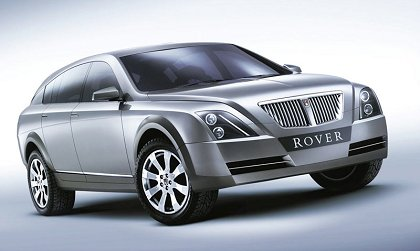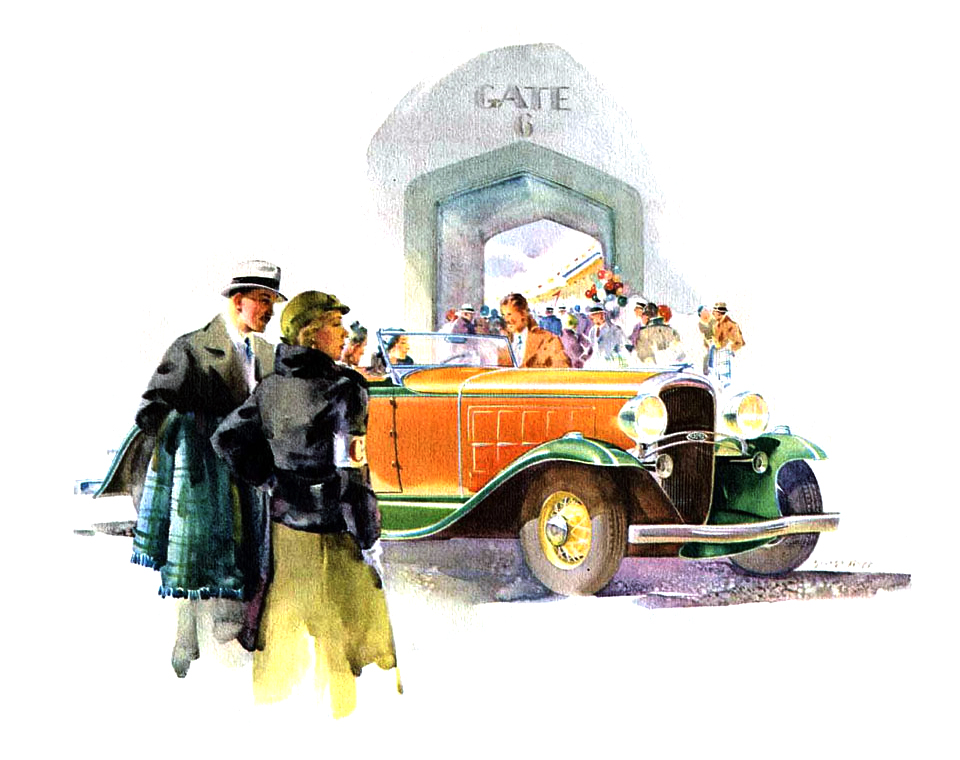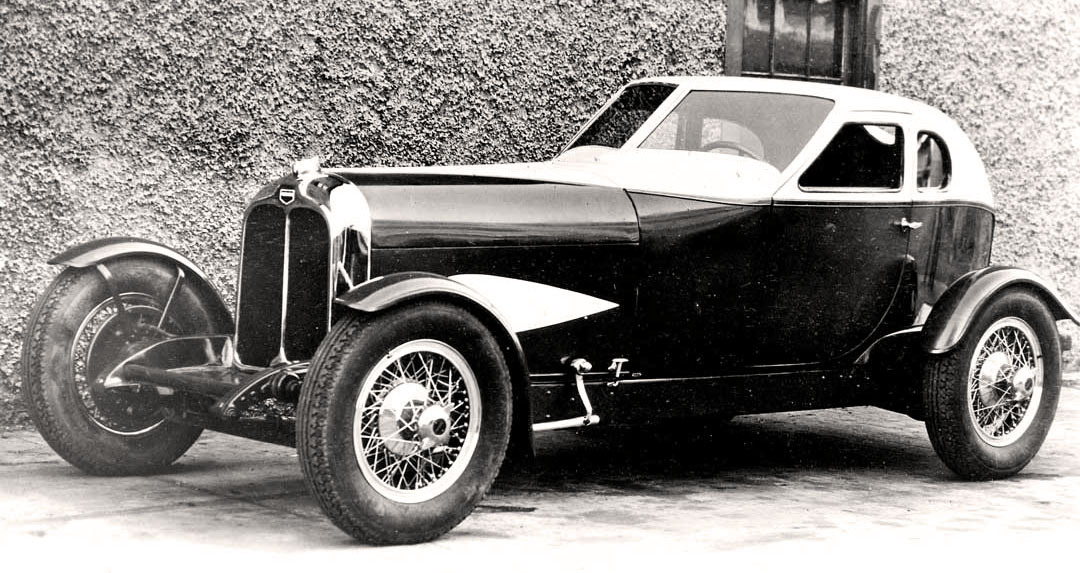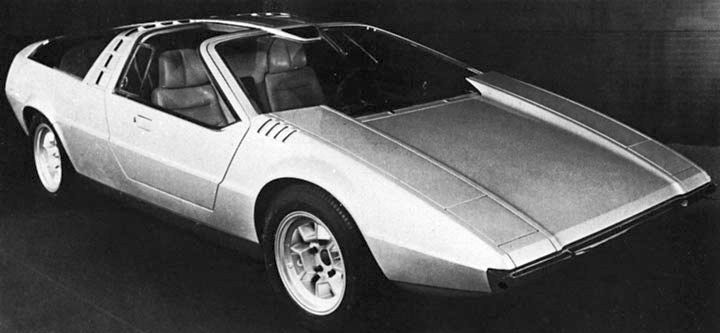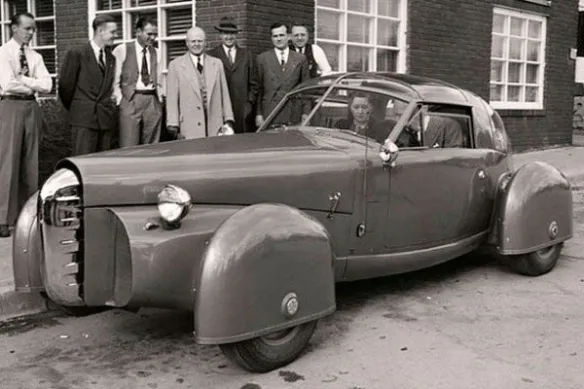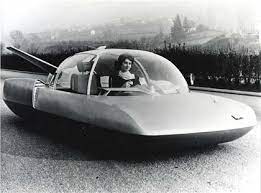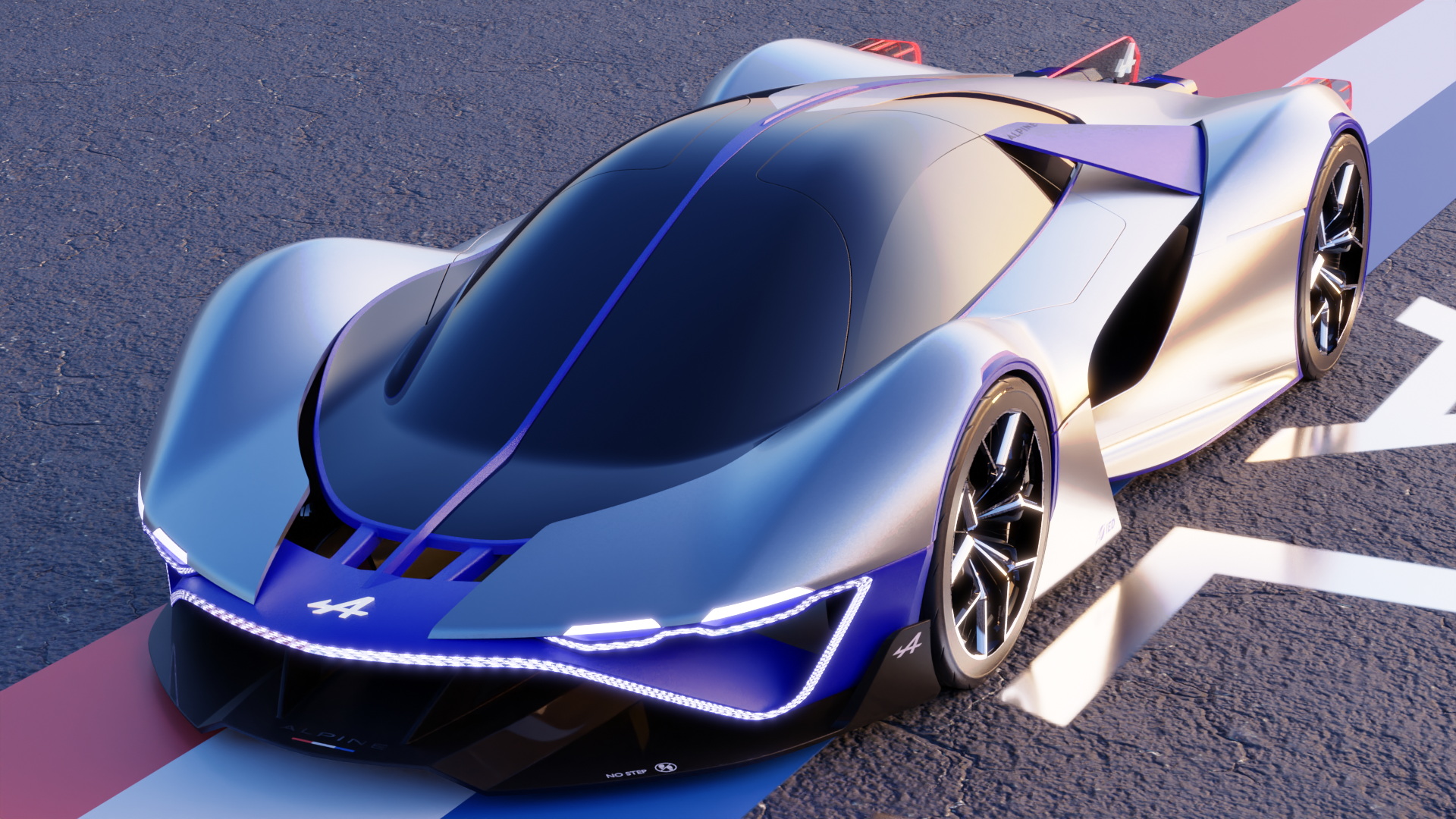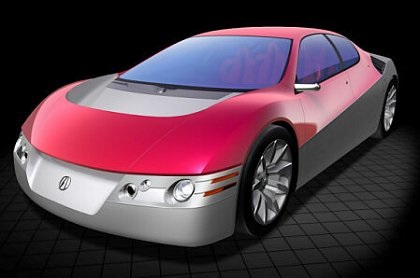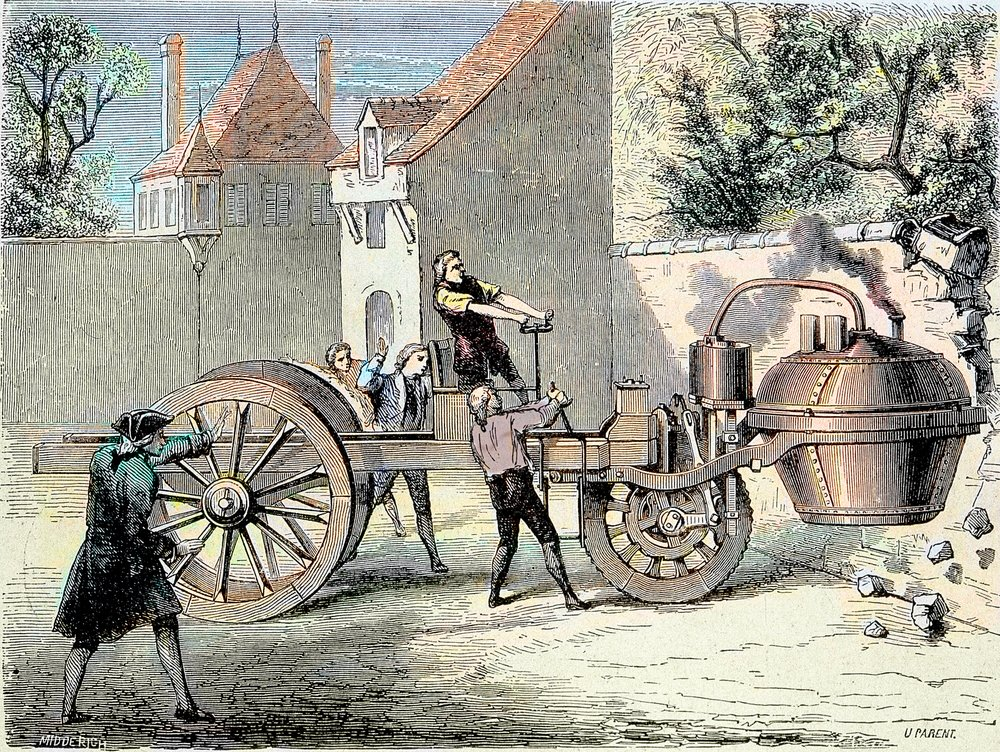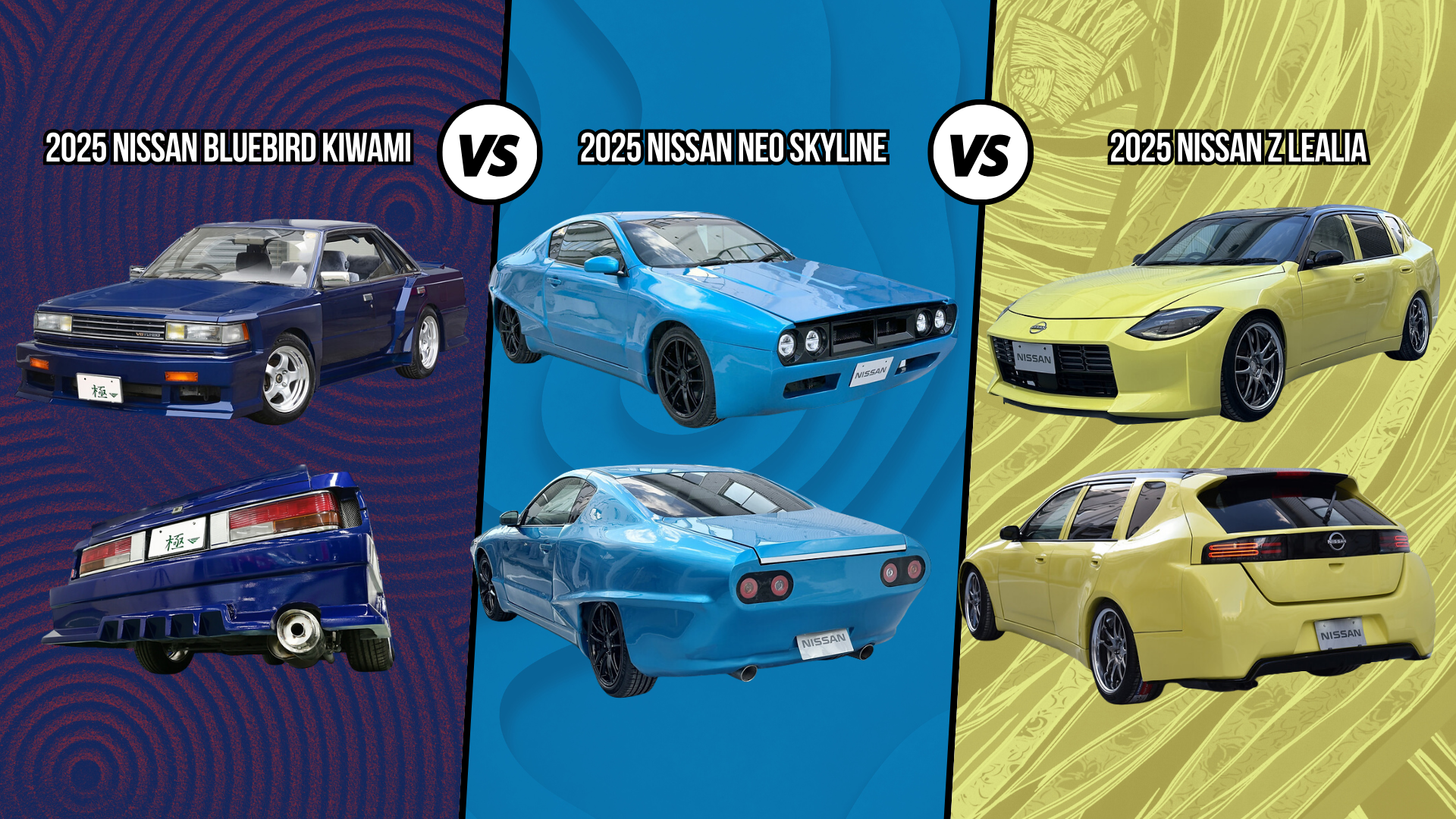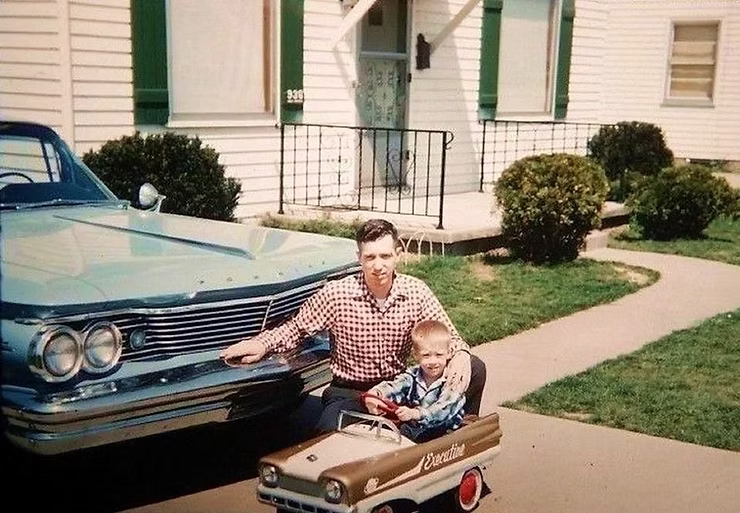2002 Rover TCV Concept
- Story Cars
- Mar 28, 2024
- 2 min read
The 2002 Rover TCV Concept, or Tourer Concept Vehicle, marked a significant shift in Rover's design language and brand positioning. It emerged during a period of restructuring and rebranding for MG Rover, following the split from BMW in 2000. With the focus on establishing MG as a dynamic brand appealing to younger demographics, Rover seemed somewhat neglected until the unveiling of the TCV at the Geneva Motor Show in 2002.
Designed under the direction of Peter Stevens' team at Longbridge, the TCV departed from Rover's traditional "retro" styling cues, opting instead for a sharp and contemporary aesthetic. The grille design moved away from previous iterations, signaling a fresh direction for Rover's design philosophy.
One of the standout features of the TCV was its versatile interior, emphasizing practicality and adaptability. Demonstrating its flexibility, the boot was showcased at the reveal with a washing machine positioned upright inside. This highlighted the spaciousness and usability of the interior, suggesting that the vehicle could accommodate a wide range of cargo, regardless of shape or size.
The concept aimed to address Rover's need for modernization and renewal, with the TCV intended to serve as the basis for the replacement of the Rover 45. Its innovative design and practical features, including a load bay floor that could be lowered for easier loading and run-flat tires, underscored its suitability for everyday use.
While the TCV showcased bold styling elements and a raised ride height hinting at off-road capability, it was primarily positioned between Rover's 75 and 45 models. Despite its aggressive appearance, the concept was not intended for four-wheel drive, as Rover was restricted from producing off-road vehicles due to agreements made during Land Rover's separation from the company.
However, the TCV's design received mixed reactions, with some questioning whether it alienated Rover's traditionally conservative customer base while failing to fully resonate with younger buyers. Despite these concerns, the concept represented a bold step forward in Rover's design evolution and demonstrated the company's commitment to innovation and renewal during a challenging period.
Source & Images: MG Rover Group Ltd.


